
Award Winners
World’s Best Private Banks 2026: Global Winners
Despite uncertain times, AI helps wealth managers deliver top-flight performance.
Global news and insight for corporate financial professionals
Join the global community of corporate and public-sector finance industry leaders reading Global Finance monthly in print.
Click Here
Award Winners
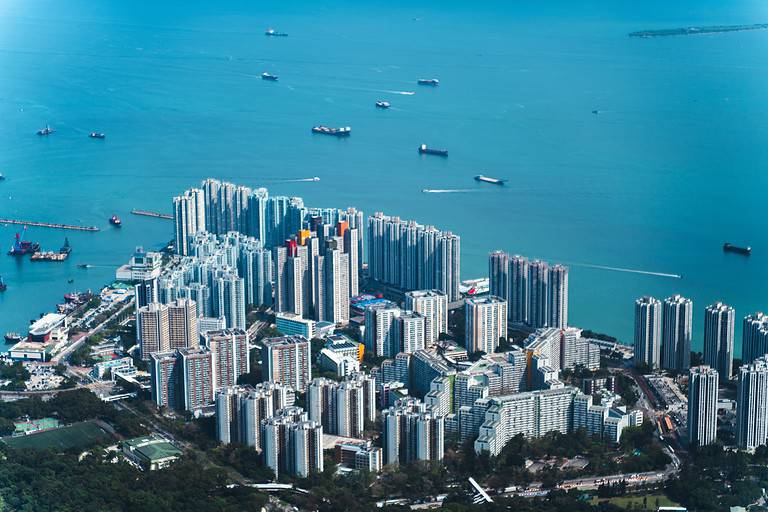
Award Winners
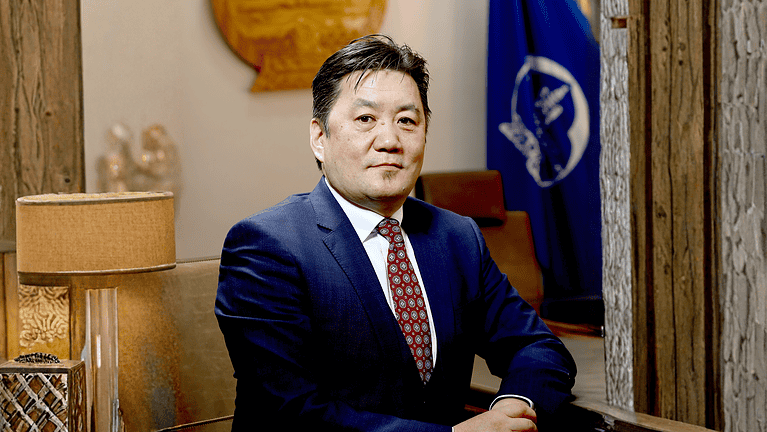
Executive Interviews

Executive Interviews
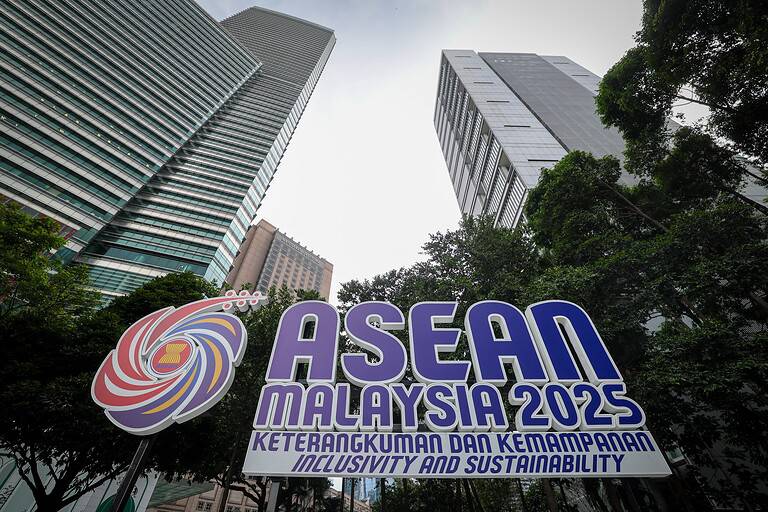
Emerging & Frontier Markets
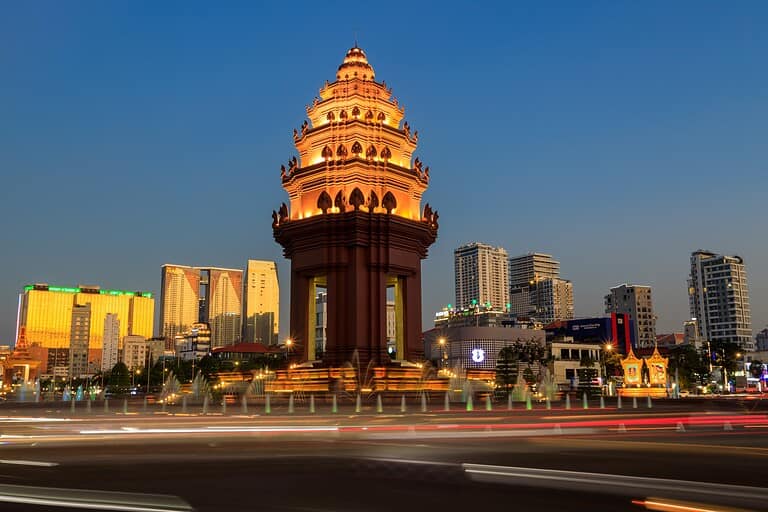
Emerging & Frontier Markets
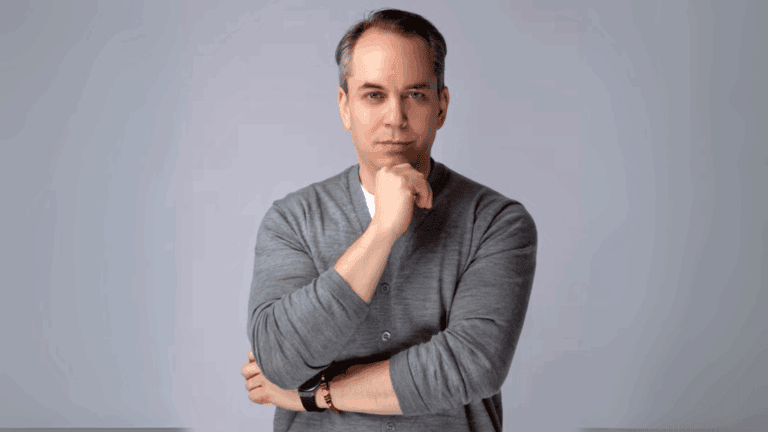
Economics, Policy & Regulation

Features

Awards

Award Winners

Economics, Policy & Regulation
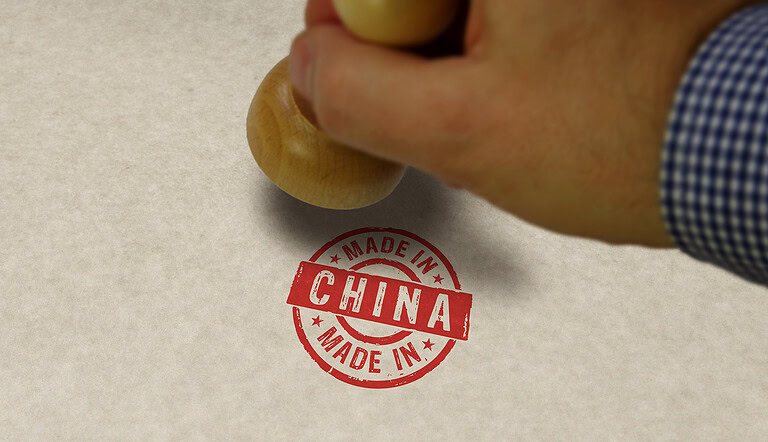
Economics, Policy & Regulation